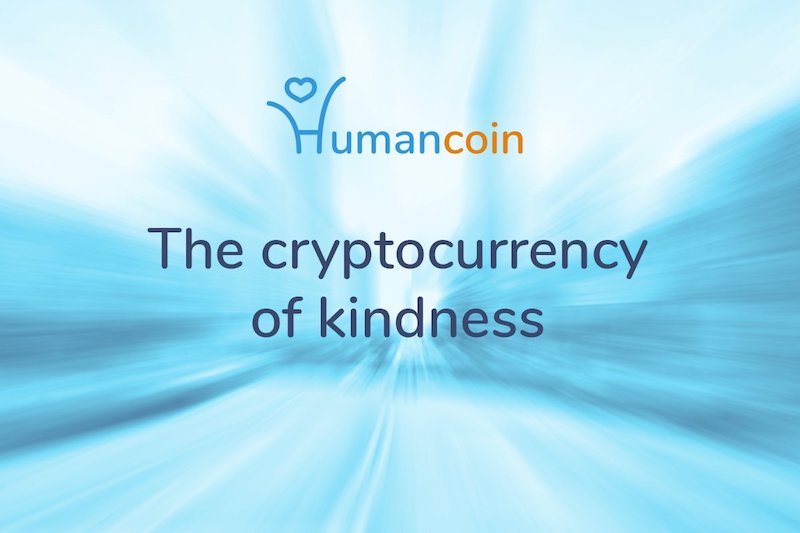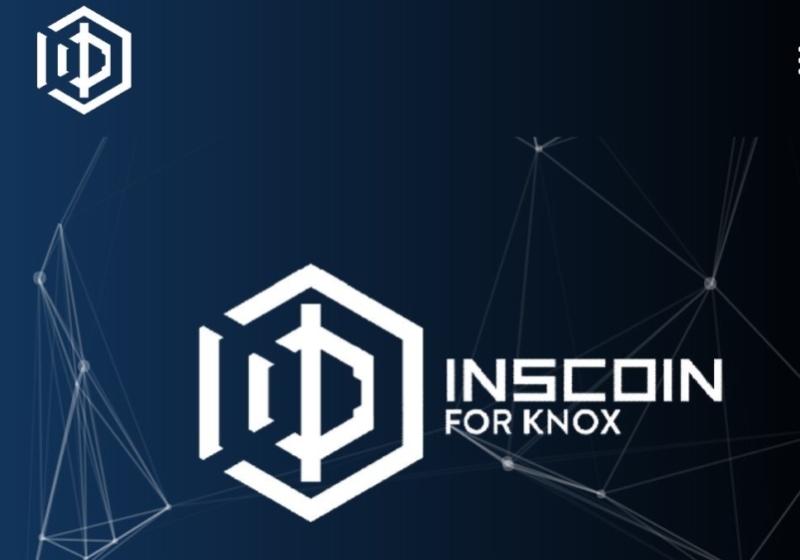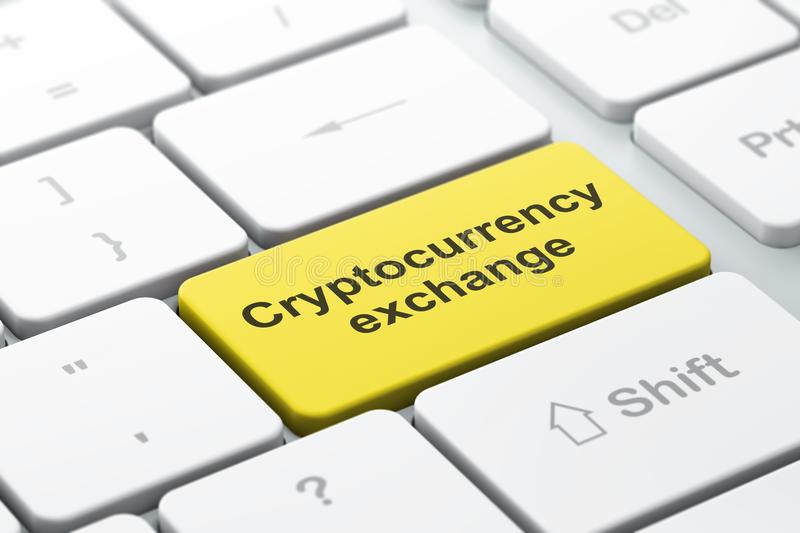£0.00
June 27, 2018
HumanCoin ICO Review
Charities around the world have begun to open their eyes to the possibilities offered by cryptocurrency. In the cryptocurrency community there is an untapped resource of donors that charities could have access to if they have a method of accepting donations in cryptocurrency. Like most businesses, the majority of charities are not in this position. It could be argued that it is even more difficult for charities to adopt a new method of payment, as they have fewer resources to work with than big businesses have.

Cryptocurrency donations have so far only been possible for Save The Children, Red Cross, United Way, and other major charities with substantial funds and infrastructure. With this in mind, it was only a question of time before some clever cookies came up with another way for charities to accept donations from cryptocurrency holders. This is where HumanCoin enters the picture.
What is HumanCoin?
More than just a way for cryptocurrency holders to donate their tokens to charitable causes, HumanCoin brings together donors, charities, and e-commerce platforms. By using the HumanCoin platform, donors can send money to charities around the world, keep an eye on their transactions, and look at reports from the charity to see what the money has been used for. With blockchain technology, HumanCoin has made charitable donations a much more transparent and secure experience for donors and charities alike. On top of this, the HumanCoin team has also successfully incorporated the aggregation of e-commerce loyalty programs into their platform, further enhancing the utility of their tokens.
How does HumanCoin work?
Interested donors quite simply sign up to use the HumanCoin platform, where they will be able to view all the charities that are signed up. Once the donors have picked a charity of their choice, they select the amount of HUMA tokens (the native currency on the platform) they would like to send to the charity. HumanCoin will be using Ethereum’s smart contract technology to ensure that the charities are using the funds being sent to them for the intended purpose. The if/then concept of smart contracts will ensure that donors can rest easy knowing that their money will not be spent on anything other than the charity’s goal. Donors will also be able to take advantage of a number of loyalty programs tied to the many e-commerce organisations HumanCoin has partnered with.
What are the key features of HumanCoin?
The platform eliminates the costly and time-consuming process of donating to charities through a chain of intermediaries. Rather, the donors will be in direct contact with the charities they have chosen to donate to. HumanCoin is also the first blockchain project that has aggregated e-commerce loyalty programs.

What about the HumanCoin tokens?
The native currency on the HumanCoin platform is the HUMA token. These tokens can be traded for any other cryptocurrency token. This means that no matter what kind of token donors are holding, they can convert them into HUMA tokens and then donate to a charity. The tokens can also be converted to loyalty points, vouchers, and coupons, which can be used with the many e-commerce partners affiliated with HumanCoin.
Other Information:
– bitcointalk ANN
– bitcointalk BOUNTY
– bitcointalk link PROFILE
– bitcointalk Username: Ico Friends
June 27, 2018
InsCoin ICO Review
For many people, the insurance industry can be a minefield to navigate. Although there are many legitimate insurance companies that do have their customers best interests at heart, there are also some bad apples.

Horror stories of how customers have had their claims rejected due to a technicality are widespread. One the other hand, it is not just among the insurance companies there are bad apples to be found. Some customers have also engaged in fraudulent activities in an attempt to cheat the system and get an insurance claim paid out based on false premises. Needless to say, there is a certain element of distrust in the insurance world. Fortunately, a solution is on the horizon. InsCoin for Knox Project is an ICO that aims to address this issue by incorporating blockchain technology into the insurance system.
What is InsCoin?
InsCoin is a part of the Knox Project, which aims to be the first insurance company that combines the real world aspects of insurance with the world of cryptocurrency and blockchain technology. By using digital ledger technology, the team wants to eliminate forgery, fraud, and the rejection of legitimate claims. The decentralized nature of the blockchain will ensure that all records are kept on a secure network. Using Ethereum’s smart contract system will also create an unprecedented transparency that will benefit both companies and claimants.
How does InsCoin work?
The platform will be using smart contracts as the core agreement between customers and insurance companies. The if/then premise of smart contracts will avoid false insurance policies, as the same system issues both the policies and the payments. Neither will the insurance companies experience any delays in the collection of credits, as their coverage is only issued after the customer’s payment has been made. This will not only make transactions easier but will also greatly reduce the managerial burden on the company. The most important and interesting thing is perhaps that the company will not be able to reject claims due to technicalities. The insurance companies will no longer be in control of the decision on whether or not to pay out a claim. Instead, whether or not the claimant is paid will come down to the stipulations in the smart contract. The money will only be released if the conditions for their release are met.
How is InsCoin progressing?
The project kicked off in March last year when the developers established the Team Building Establishment. In May 2017, the forecast business plan was fleshed out, and legal consulting was covered.

Two months later, the IT insurance platform was licensed. In October last year, the project secured partnerships with more than 300 insurance brokers. 2018 has seen the team plan the ICO launch and marketing plan. Last month the official Pre-ICO started, and the actual ICO started just this month. The rest of 2018 will be spent on getting InsCoin onto the main cryptocurrency exchanges and securing authorizations from official authorities to provide legal insurance to their clients. Customers will be able to utilize the platform in late 2018.
Other Information:
– Telegram
– Linkedin
– Twitter
– Facebook
– Reddit
– bitcointalk Username: Ico Friends
June 24, 2018
This is the third part of our three-part coverage of some of the most prominent cryptocurrency exchanges. If you have not read the first two parts, check it out here on the site.

Bit-Z
Based in Hong Kong, Beijing, and Singapore, Bit-Z is an exchange that caters mainly to Chinese customers. Trading in 74 different tokens and hosting 105 markets, Bit-Z handles transactions for just over $250 million every day. Like some of the other exchanges we have covered in this series, Bit-Z has its own native cryptocurrency token called DKKT. One of the advantages of Bit-Z is that it is not regulated. Another advantage is that it facilitates the over-the-counter trading of cryptocurrency.
Bibox
Another Chinese exchange is Bibox, which only launched last year. Despite its relatively young age compared to the other exchanges, it has consistently ranked in the top lists of highest trading volume. Clocking in at $200 million every day, Bibox has 62 tradable coins. Traders can use five different currencies to pay the transaction costs. Bitcoin and Ethereum, as well as USDT, DAI, and BIX. The last token is the native currency issued by the exchange during their ICO. Bibox is not limited to China, however. The exchange has satellite offices in Japan, Hong Kong, Canada, the United States, and mainland China. One of the advantages of this exchange is that it is not regulated. Another is the advanced AI that helps traders optimize their trades.
Kraken
Before this guide becomes too Asia-centric, let us return to the United States briefly, and look at Kraken. Based in California, this exchange handles $135 million worth of transactions every 24 hours. Here, traders can use the most widely accepted fiat currencies, such as the US and Canadian Dollars, the Euro, the Pound, and the Yen. As opposed to some of the newer exchanges, Kraken was founded back in 2011 and is one of the first exchanges in the US. One of the advantages of Kraken is the proof-of-reserves they offer as part of their partnership with a cryptocurrency bank.
GDAX
GDAX, short for Global Digital Asset Exchange, is the advanced arm of Coinbase described in the first part of this series. Once beginners have honed their skills in crypto-trading, they can move on to using GDAX. This exchange is partnered with the New York Stock Exchange, among other credible institutions. Moving funds from Coinbase to GDAX is very easy, and all customers are insured for up to $250,000. By the end of this month, GDAX will be renamed Coinbase Pro.

Gemini
The last exchange on our list is Gemini, another American exchange based in New York. Founded in 2015, it caters to traders based in Europe, Asia, as well as the United States. There are not many tradable coins, but users can rest assured that Gemini complies with all regulations. No short selling or trading on margin is allowed on Gemini, and it handles transactions for just over $22 million every day.
We hope this three part guide has given you some insight into the various cryptocurrency exchanges. Leave a comment in the section below if we have missed any important ones!
June 22, 2018
This is the second part of our three-part coverage of some of the most prominent cryptocurrency exchanges. If you have not read the first part, check it out here.

Bitfinex
Bitfinex is another of the many exchanges based in Hong Kong, and handles just under half a billion dollars worth of transactions every day. Unfortunately, Bitfinex has not had it easy as of late. It was subject to a massive hacking operation in 2016, in which it lost around $70 million in Bitcoin. Last year, it was accused of manipulating the value of Bitcoin by using a stablecoin called Tether. Finally, it is not possible for US traders to use Bitfinex due to regulatory issues. Nevertheless, traders are not required to provide any form of identification in order to use the exchange.
Bithumb
Bithumb is a smaller exchange based in the South Korean capital of Seoul, and handle transactions worth just over a quarter billion dollars in a 24-hour period. Bithumb is a bit different from most other exchanges in that it only allows for fiat money to cryptocurrency exchanges. In other words, you cannot trade one crypto token for another at Bithumb. Another reason the audience for this exchange is smaller is that only traders local to South Korea can use it. The only fiat money allowed is the South Korean Won. Just this Wednesday, on June 20th, Bithumb announced that it had been the victim of a hacking incident resulting in losses of around $31 million in cryptocurrency tokens.
UPbit
A fellow South Korean exchange handling similar transaction volumes as Bithumb is UPbit. Like Bithumb, UPbit is only available to South Korean traders and subject to strict South Korean regulations. As with many other South Korean exchanges, UPbit has been the subject of much scrutiny from the government. The exchange was created late last year and is the product of Kakao Corp., which is a mobile provider in South Korea, and Bittrex, which is an American cryptocurrency trading website.
HitBTC
Going back to Hong Kong, we find HitBTC, which is in a similar league to Bithumb and UPbit in terms of transaction value. The exchange was created back in 2013 and brands itself as the most advanced platform of its kind. Some of the features traders have access to on HitBTC include advanced algorithms and a rebate system. While HitBTC does not allow users to trade using fiat money, they are able to purchase Bitcoin using their credit card — provided their bank allows for it. Although there are few regulations, new Japanese regulations have caused HitBTC to suspend their services for Japanese residents.

ZB.COM
This exchange, which was founded late last year, focuses mainly on the Chinese market. Also clocking in at a quarter billion dollars in daily transactions, ZB.COM also available in English for non-Chinese users. Inviting a friend onto the platform will net users a 10% discount on transaction fees. It is, however, a requirement to provide some form of identification in order to trade on the platform. As the exchange is registered in Samoa, it is not regulated.




